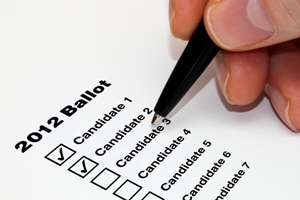Prop 118 down by a hair
Hank Stephenson//November 8, 2012//[read_meter]
Proposition 118 – a constitutional amendment which would change the way the state distributes state trust land income to public institutions, including schools, colleges and prisons – was still too...
















